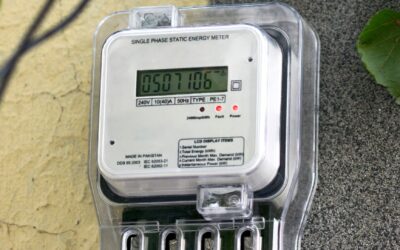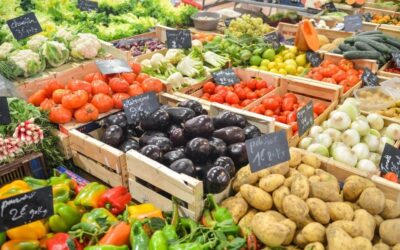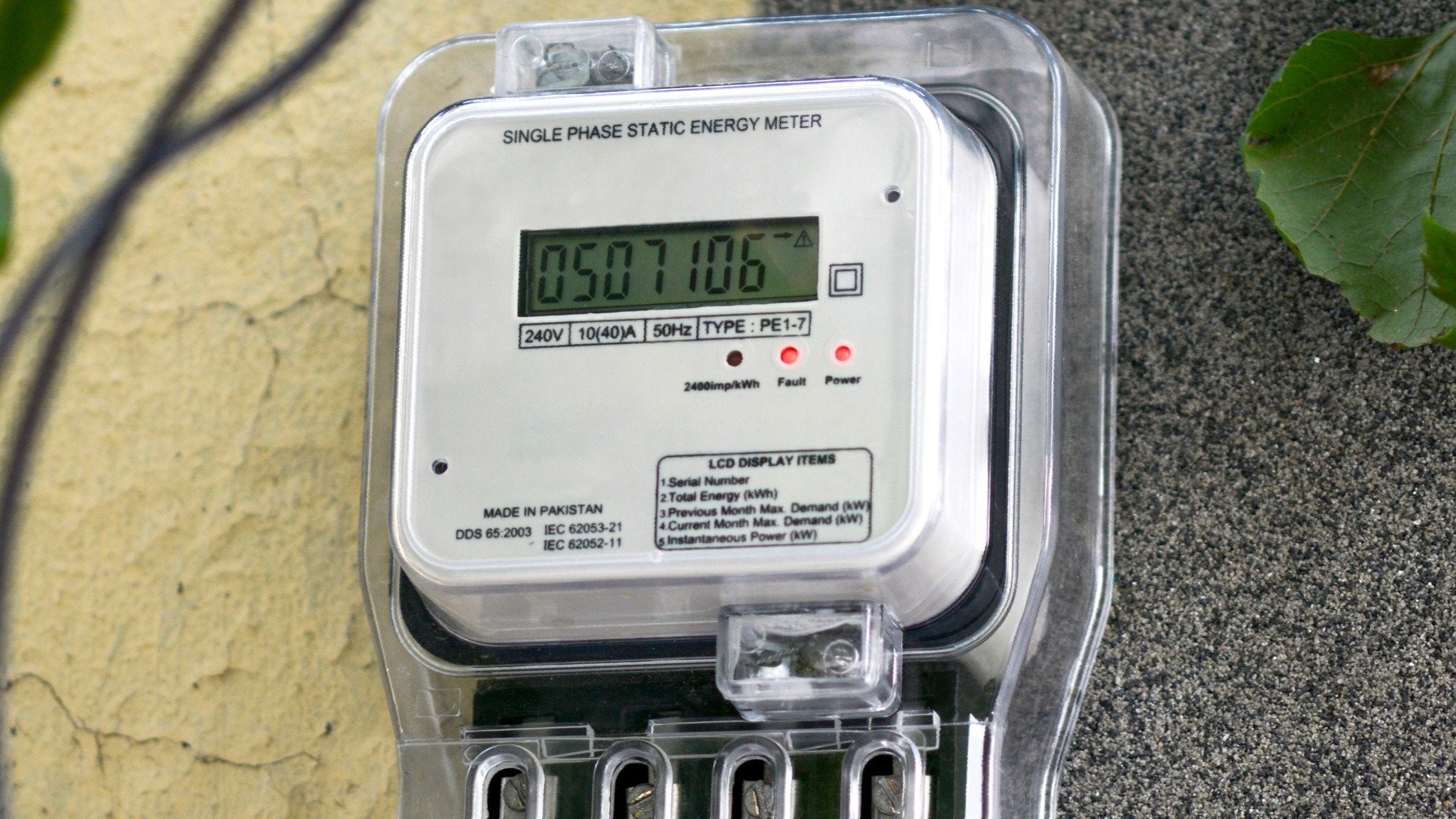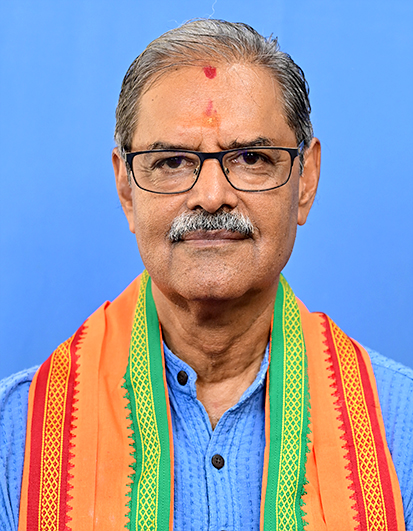Odisha Pushes for Cold Storage in Every Sub-Division to Boost Agriculture
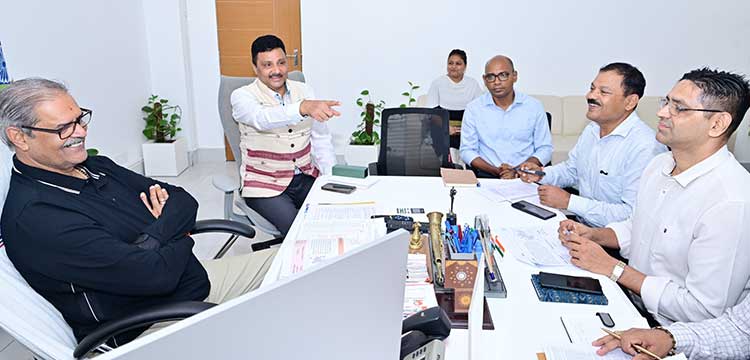
Deputy Chief Minister KV Singh Deo directs expedited implementation, reviews fertiliser supply and anti-black marketing measures
Bhubaneswar – Deputy Chief Minister KV Singh Deo chaired a high-level meeting at Lok Seva Bhavan to review the state’s agricultural infrastructure, with a strong focus on accelerating the construction and operationalisation of cold storage facilities. Singh Deo stressed that robust storage systems are essential for reducing post-harvest losses, improving market linkages, and ensuring better returns for farmers.
During the meeting, the Deputy Chief Minister directed departmental officers to expedite all processes related to setting up cold storages and godowns. He reiterated the government’s goal of establishing at least one cold storage facility in every sub-division to strengthen the agricultural supply chain.
Accelerating Implementation
Officials informed the meeting that several companies have already submitted applications to develop cold storage units across the state. The preliminary work has started, including site selection, approval procedures, and coordination with local authorities. Singh Deo urged that bureaucratic delays be minimised so that farmers can benefit from these facilities as soon as possible.
Cold storage facilities are expected to play a crucial role in preserving perishable produce, particularly fruits, vegetables, and dairy products, thereby extending shelf life and reducing wastage. This, in turn, is anticipated to boost farmers’ income and enable them to access broader markets without the pressure of distress sales.
Fertiliser Supply and Black Marketing
Apart from infrastructure, Singh Deo also reviewed the state’s fertiliser supply position. He stressed that timely and adequate distribution of fertilisers is vital for supporting farmers during the cropping season. The meeting highlighted the need for close monitoring of the distribution network to ensure equitable access in all districts.
The Deputy Chief Minister called for strict measures to curb black marketing of fertilisers, warning that any malpractice undermines farmers’ trust and hampers agricultural productivity. He directed officials to strengthen surveillance, enforce transparency in supply chains, and take action against violators.
Future Strategy for Agricultural Empowerment
The meeting also discussed the Agriculture and Farmers Empowerment Department’s long-term work plan. Strategies included enhancing irrigation coverage, promoting mechanisation, supporting horticulture, and encouraging diversification into high-value crops. Singh Deo noted that improving storage infrastructure must go hand-in-hand with training farmers in post-harvest management, processing, and value addition to maximise profits.
He emphasised that an integrated approach—combining infrastructure, timely input supply, and farmer education—will create a more resilient agricultural ecosystem. “Our priority is to build systems that not only support farmers in producing crops but also help them store, process, and sell their produce effectively,” he said.
Senior Officials in Attendance
The meeting was attended by Principal Secretary of Agriculture and Farmers Empowerment Department, Dr. Arabinda Kumar Padhee; Director of Horticulture, Kalunge Gorakh Waman; Director of Soil Conservation and Watershed, Subrata Kumar Panda; and Additional Secretary, Subhransu Mishra. Each department shared progress updates and pledged to coordinate efforts to meet the state’s agricultural development targets.
As Odisha works to expand its agricultural infrastructure, the cold storage initiative is expected to significantly reduce losses, improve supply chain efficiency, and enhance the livelihoods of farmers across the state. With an emphasis on quick execution and strict oversight, the government aims to deliver tangible results in the near future.

